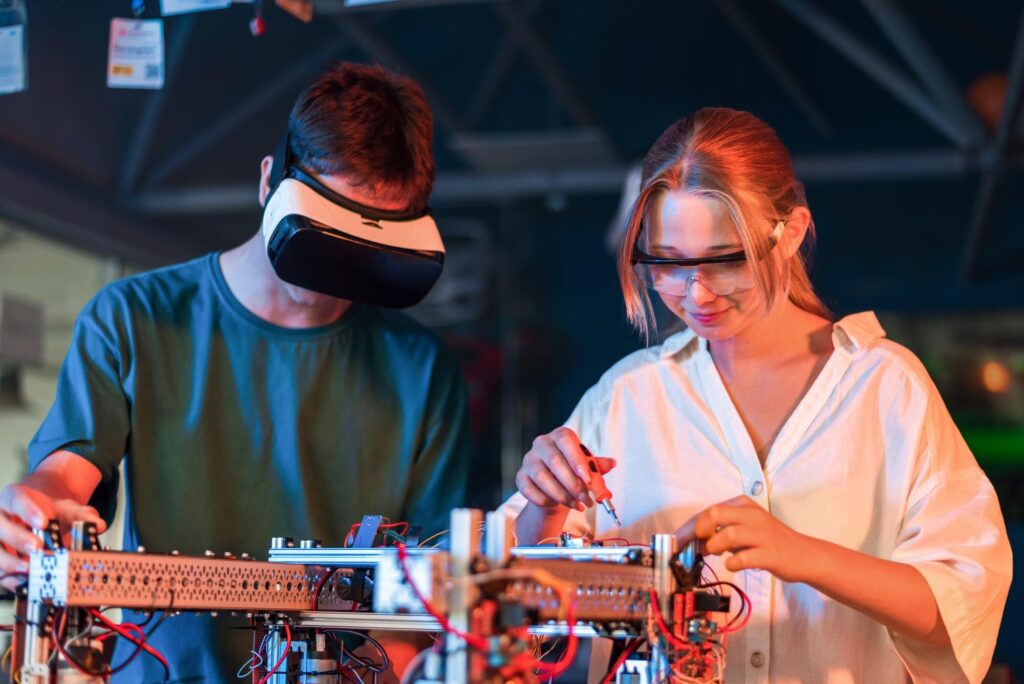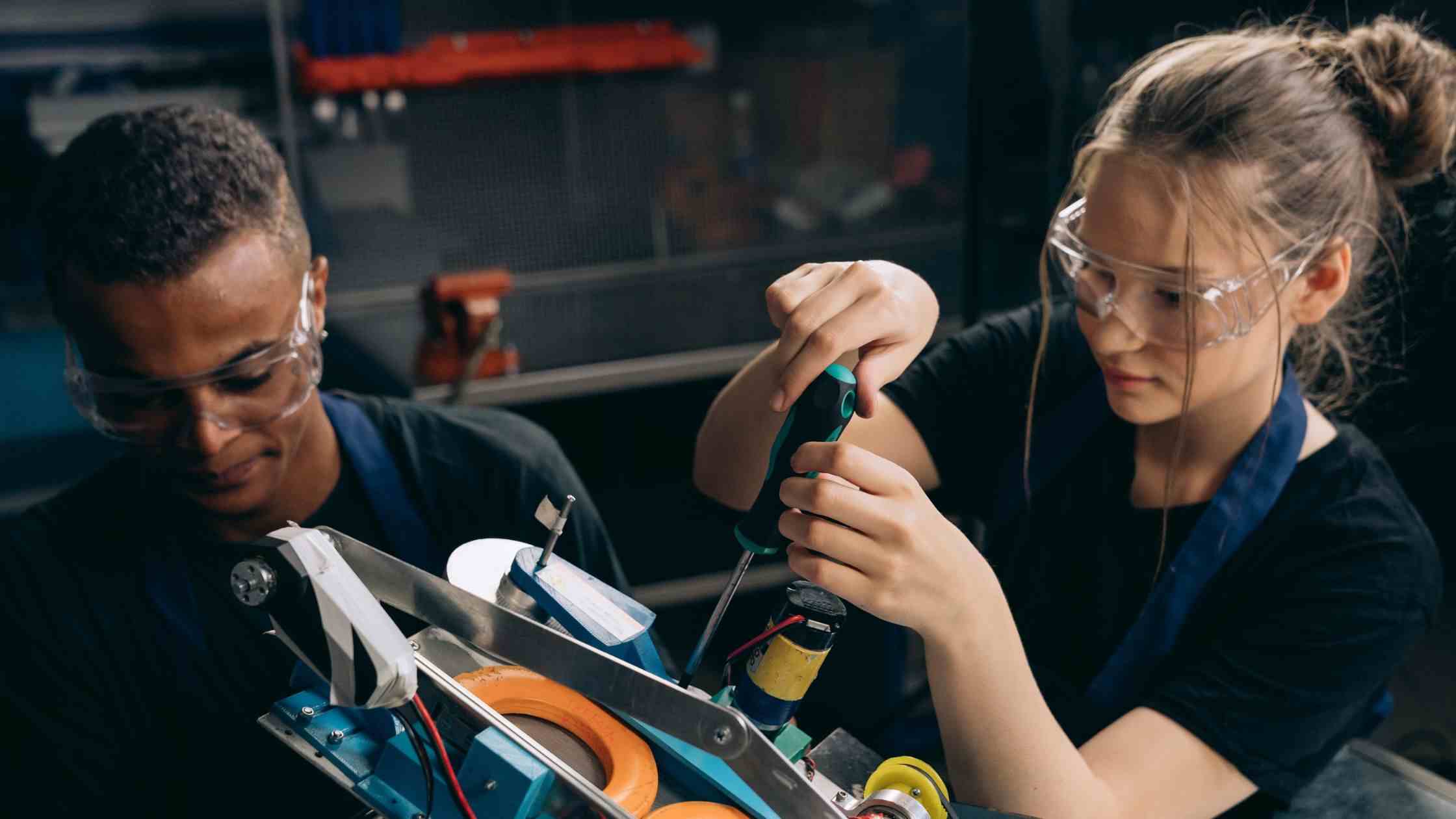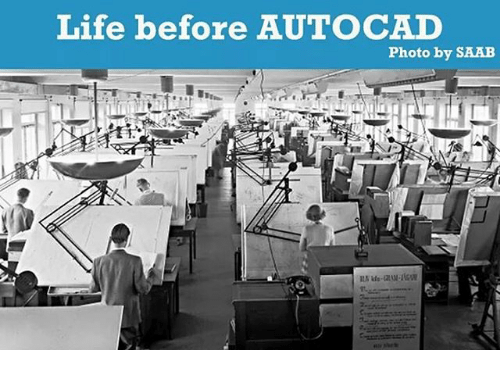In 2025, engineering education is facing a critical crossroads. With the rapid evolution of technology—AI, automation, CAD, and AR/VR—traditional educational models are struggling to keep pace. For India to stay globally competitive and prepare future-ready engineers, innovation in engineering education is no longer optional—it’s the need of the hour.

The Role of Technology in Engineering Advancements
- The Surge of Technological Integration: In recent years, engineering has seen a surge in technological advancements that are revolutionizing the field. From Computer-Aided Design (CAD) systems to automation and artificial intelligence (AI), these technologies are enhancing efficiency and precision in engineering practices.
- CAD Systems and Their Impact: Modern engineers rely heavily on CAD systems for designing and testing processes. These tools streamline workflows, reduce errors, and accelerate project timelines. The adoption of CAD technology is crucial for staying competitive in today’s fast-paced engineering landscape.
Why 2025 Is a Turning Point for Engineering Education:
With the rise of smart manufacturing, renewable energy, and AI-driven infrastructure, India is entering a new phase of development. However, a gap remains between industry needs and the outdated academic curriculum still followed in many institutions.
Key Insights: 2025 marks a global shift toward outcome-based, innovation-driven education. Countries that adapt will produce engineers who lead; those that don’t will fall behind.
Challenges Facing Indian Engineering Education
- Outdated Educational Models: Indian engineering education is still influenced by outdated, industrial-era methodologies. The traditional approach focuses on repetitive tasks and adherence to rigid hierarchies, which does not align with the dynamic nature of contemporary engineering challenges.
- The Need for Educational Reform: To meet the demands of modern engineering, there is a pressing need for educational reform. This includes updating curricula to incorporate emerging technologies, fostering creative problem-solving skills, and promoting hands-on learning experiences.
Embracing Innovation in Engineering Education
- Adapting to Technological Change: As new technologies continue to emerge, engineering education must adapt to stay relevant. Embracing innovations such as virtual reality (VR) and augmented reality (AR) can enhance learning experiences and better prepare students for real-world applications.
- Encouraging Continuous Learning: The engineering field is ever-evolving, making continuous learning essential. Educational institutions should emphasize the importance of lifetime learning and professional development to equip engineers with the skills needed to thrive in a changing environment.
Overcoming Barriers to Innovation
- Navigating Market Challenges: The Indian education market faces several challenges, including resistance to change and limited support for innovative practices. To overcome these barriers, stakeholders must collaborate to create a supportive environment for educational innovation.
- Fostering a Culture of Innovation: Encouraging a culture of innovation within educational institutions and the broader engineering community is vital. This involves promoting collaborative projects, supporting entrepreneurial ventures, and embracing interdisciplinary approaches.
The Future of Engineering and Education
- Engineering as a Driver of National Development: Engineering plays a crucial role in national development and economic growth. By advancing educational practices and integrating modern technologies, India can enhance its engineering capabilities and drive progress across various sectors.
- Preparing the Next Generation of Engineers: To ensure that future engineers are well-prepared for the challenges ahead, it is essential to provide them with a robust education that emphasizes both technical skills and innovative thinking.
Conclusion:
2025 demands a new kind of engineer—one who is innovative, adaptable, and equipped with the latest tools and skills. The traditional, outdated methods no longer suffice. India must embrace innovation in engineering education to stay relevant and competitive.
CADD Centre is at the forefront of this transformation, offering cutting-edge CAD courses and training programs that equip engineers with the skills needed to thrive in an evolving landscape. Embrace innovation with CADD Centre and stay ahead in the dynamic field of engineering.
Image courtesy: shortsleeveandtieclub.com,
FAQs
Why is innovation in engineering more important now than ever?
Innovation in engineering is crucial today due to the rapid advancement of technology. As new tools and systems emerge, engineers must adapt and innovate to stay competitive, solve complex problems, and drive progress in various sectors.
What challenges does Indian engineering education face today?
Indian engineering education faces challenges such as outdated curricula, traditional teaching methods, and a focus on rote learning. These issues limit students’ ability to think creatively and adapt to the fast-evolving engineering landscape.
What are the future prospects for engineers who embrace innovation?
Engineers who embrace innovation have a bright future, as they will be better equipped to tackle complex challenges, lead technological advancements, and contribute significantly to their fields. Innovation opens up opportunities for career growth and leadership in engineering.
How is CADD Centre contributing to innovation in engineering education?
CADD Centre is at the forefront of innovation in engineering education by offering cutting-edge CAD courses and training programs. These programs equip engineers with the skills and knowledge needed to excel in a dynamic and evolving industry.
What kind of educational reform is needed in engineering education?
Educational reform should focus on updating curricula to include emerging technologies, fostering creative problem-solving skills, and promoting hands-on learning experiences. This will help students better prepare for real-world applications and adapt to technological changes in the engineering field.
How can technology like CAD systems impact the field of engineering?
CAD systems revolutionize engineering by improving design accuracy, reducing errors, streamlining workflows, and speeding up project timelines, making them essential tools for modern engineers.





